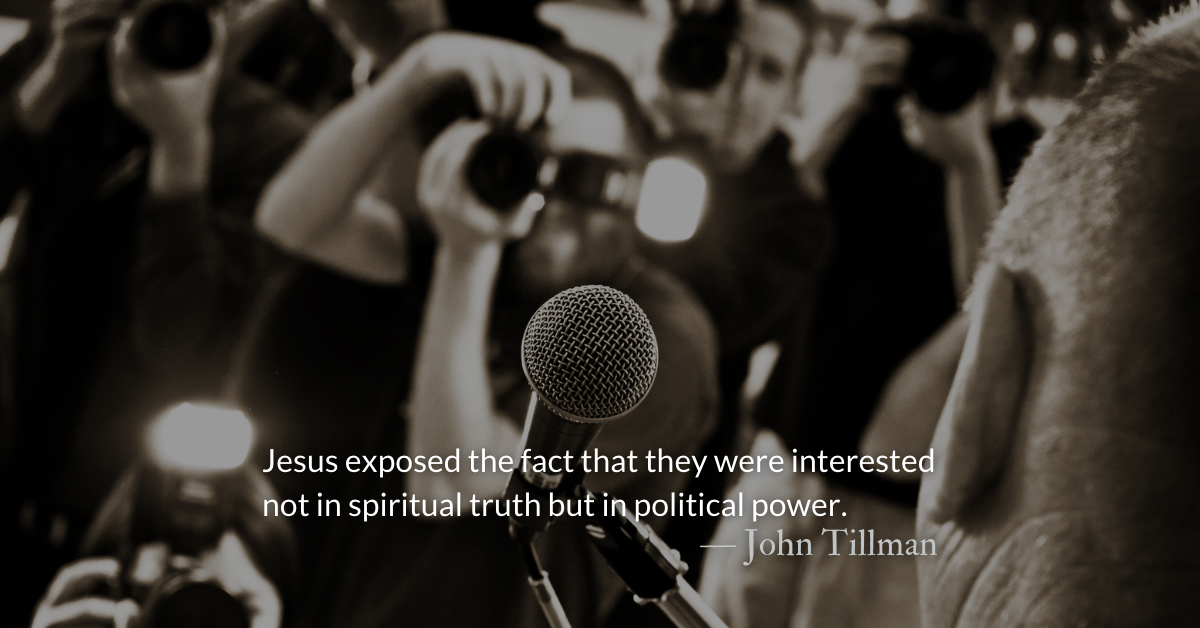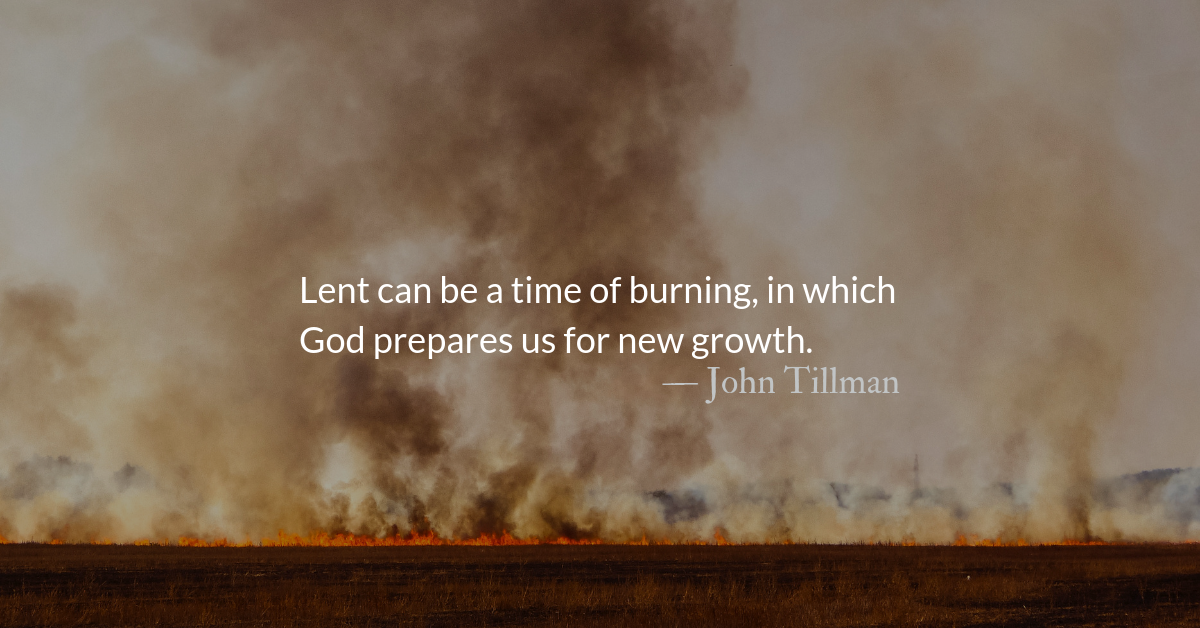Scripture Focus: Luke 20.1-4, 14-19
1…the chief priests and the teachers of the law, together with the elders, came up to him. 2 “Tell us by what authority you are doing these things,” they said. “Who gave you this authority?”
3 He replied, “I will also ask you a question. Tell me: 4 John’s baptism—was it from heaven, or of human origin?”
14 “But when the tenants saw him, they talked the matter over. ‘This is the heir,’ they said. ‘Let’s kill him, and the inheritance will be ours.’ 15 So they threw him out of the vineyard and killed him.
“What then will the owner of the vineyard do to them? 16 He will come and kill those tenants and give the vineyard to others.”
When the people heard this, they said, “God forbid!”
17 Jesus looked directly at them and asked, “Then what is the meaning of that which is written:
“ ‘The stone the builders rejected
has become the cornerstone’?
18 Everyone who falls on that stone will be broken to pieces; anyone on whom it falls will be crushed.”
19 The teachers of the law and the chief priests looked for a way to arrest him immediately, because they knew he had spoken this parable against them. But they were afraid of the people.
Reflection: God Forbid
By John Tillman
The religious leaders were the theological gatekeepers for Israel. It was their job to confront false teaching and promote godly teaching. Jesus acknowledged their positional and intellectual authority. He described them as “sitting in the seat of Moses,” acknowledging the authority they held by their positions of power. Jesus also acknowledged the authority of their scholarship and expertise, by telling people to “do everything they tell you.” (Matthew 23.3)
It may seem like Jesus dodged their challenge to his authority, but he didn’t. Jesus asked them to demonstrate their authority by weighing in on whether John’s baptism was from God. In their deliberation, there was zero consideration of the theological question. They were only concerned about the political optics. (Luke 20.5-7) Jesus exposed the fact that they were interested not in spiritual truth but in political power.
Because they refused his question, Jesus said that he wouldn’t answer theirs. But then he did. In the parable of the tenants, Jesus told everyone exactly where his authority came from and what would happen to those who reject him.
Some of Jesus’ parables were opaque or confounding. Not this one. Everyone recognized who the tenants were. When Jesus described what would happen to them, the people, not just the leaders said, “God forbid!” (Luke 20.16) They meant it as, “may these consequences not happen to us.” But it is a prayer we can take up today to help us avoid the condemnation of the vineyard tenants.
James tells the church that teachers will be judged more harshly. (James 3.1-2) This applies to pastors and leaders, of course. But all of us are sent out to teach with the authority of the Great Commission. (Matthew 28.18-20) Whether or not we consider ourselves “gatekeepers” or “teachers” we all bear the responsibility of spreading the gospel.
God forbid that we would fall into errors of pride, errors of selfishness, errors of sinfulness, or errors of cowardice.
God forbid that we would mistake our positions of authority for incorruptibility.
God forbid that we would mistake our scholarship and study for infallibility.
God forbid that we would make decisions based on politics rather than truth.
God forbid that we would stumble upon the rock of truth we should proudly stand on.
Let us build our lives on the rock of Jesus and let his authority crush anything in our lives that opposes him. God forbid that we reject Jesus.
Divine Hours Prayer: The Greeting
Not to us, O Lord, not to us, but to your Name give glory; because of your love and because of your faithfulness. — Psalm 115.1
– From The Divine Hours: Prayers for Springtime by Phyllis Tickle.
Today’s Reading
Exodus 38(Listen 4:23)
Luke 20(Listen 5:07)
Read more about Mirrors and Sanctification|
It is appropriate that mirrors were transformed and used for ceremonial cleansing. Confession is self-reflective.
Write With Us
Ministry students! Join us to improve your writing and gain experience while getting coaching, and a small scholarship.




